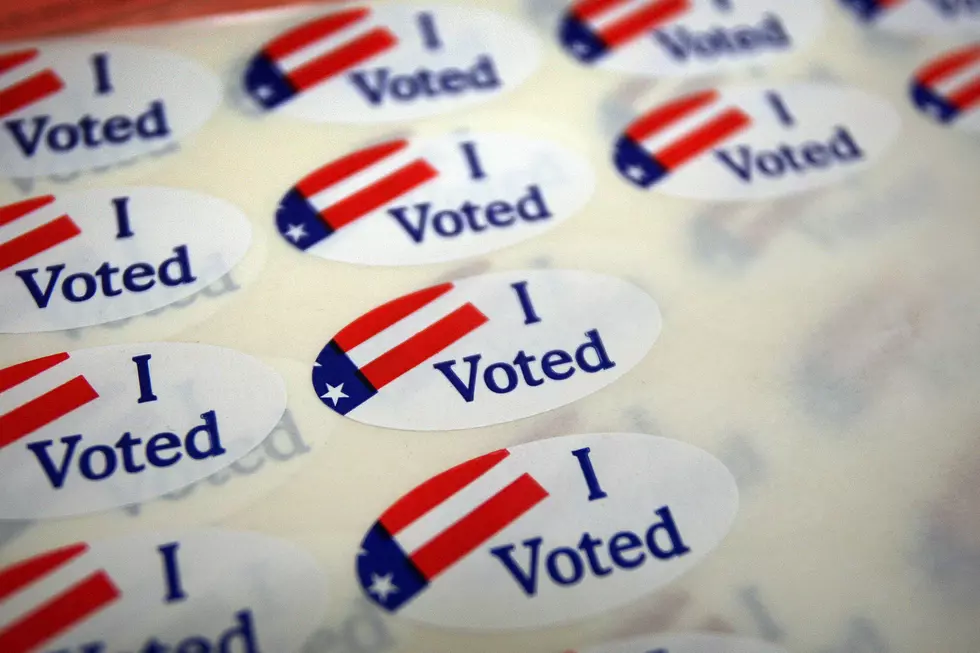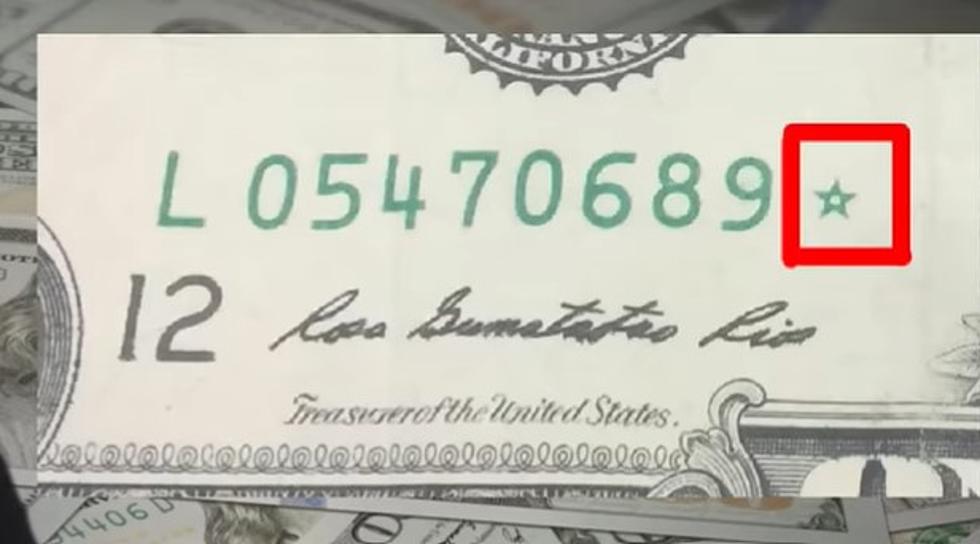
Lake Charles 9th Graders Are The First To Take Personal Finance Course
The 2023/2024 high school freshman class in Louisiana are the first students to take a Personal Finance course. This means that these 9th graders will also be the first high school graduates with financial literacy skills and knowledge.
I am grateful that my daughter qualified to take this important course this year. Not only is this class going to teach her essential financial skills for her future, but it is a high school credit. So, she will be that much more ahead, by the time she gets to 9th grade.
Experts say this course represents the benefits of obtaining the skill to manage and budget money. Something we all know is a critical life skill for all students, particularly in minority schools where this course may not be offered ordinarily. So, this is a win for all children in Louisiana going forward!
Louisiana is the 22nd state that can guarantee high school graduates will be much more prepared to support themselves as adults. Lisa Hoppenstedt, who teaches accounting and marketing at East Ascension High School in Gonzalez, LA says she is thrilled to have the opportunity to teach her students Personal Finance. Hoppenstedt said,
“I have been teaching financial literacy since 2019, using engaging lessons on bank accounts, tax returns, insurance, investing, the importance of credit, and more,” She continued. “Now teachers and students will have this opportunity to learn how to avoid financial mishaps.”
Next Gen Personal Finance (NGPF) Co-Founder, Tim Ranzetta agrees. Next Gen is a nonprofit that empowers students by teaching free financial skills, using a teacher-vetted curriculum for Grades 6-12. Learning Personal Finance, Financial Math, and Economics is very important. Ranzetta added,
“Louisiana students will now have the skills to make important financial decisions, which will benefit not only their own financial well-being, but also the economic health of the state.” Ranzetta says. “Research shows that high school personal finance courses positively impact student debt decisions and credit scores, help graduates avoid predatory lenders, increase savings rates among teachers, and generate positive spillover effects on parents.”
KEEP LOOKING: See what 50 company logos looked like then and now
More From 107 JAMZ









